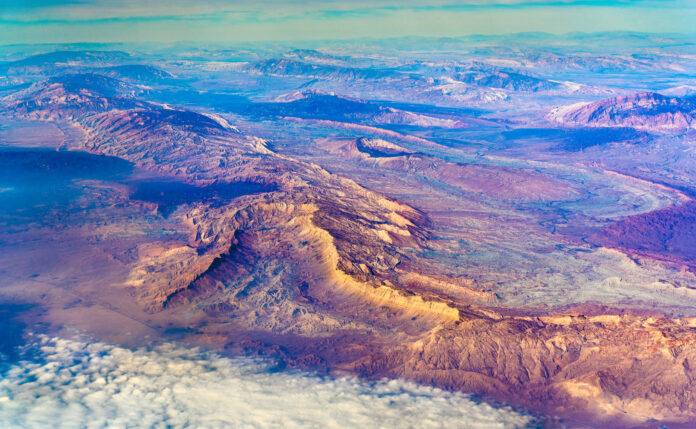A new study published in Nature Journal claims that Homo Sapiens used Persian Plateau as a hub during the early stages of their migration from Africa.
Earlier studies have shown that humans started migrating from Africa around 70,000 years ago. However, it wasn’t before 45,000 years ago that they would go on to spread across Europe and Asia. Using a combination of genetic evidence and palaeoecological models, a team of researchers now concluded that Homo Sapiens reached Persian Plateau, an area that includes modern-day Iran, Afghanistan, and Pakistan, and remained there for 20,000 years before moving on.
According to the study, the Persian Plateau provided environmental conditions that were able to support large populations.
“With the paleoclimatic data available to date, we built ecological models showing that the Persian Plateau was suitable for human occupation and that it could sustain a larger population compared to other West Asian regions, strengthening this claim,” it says in the study.
The authors of the study point out that further research on fossils and climate during that period is needed in order to fortify their theory. However, if proven correct, it would provide a groundbreaking insight into the history of humans and pinpoint the Persian Plateau as a key location for further research.

